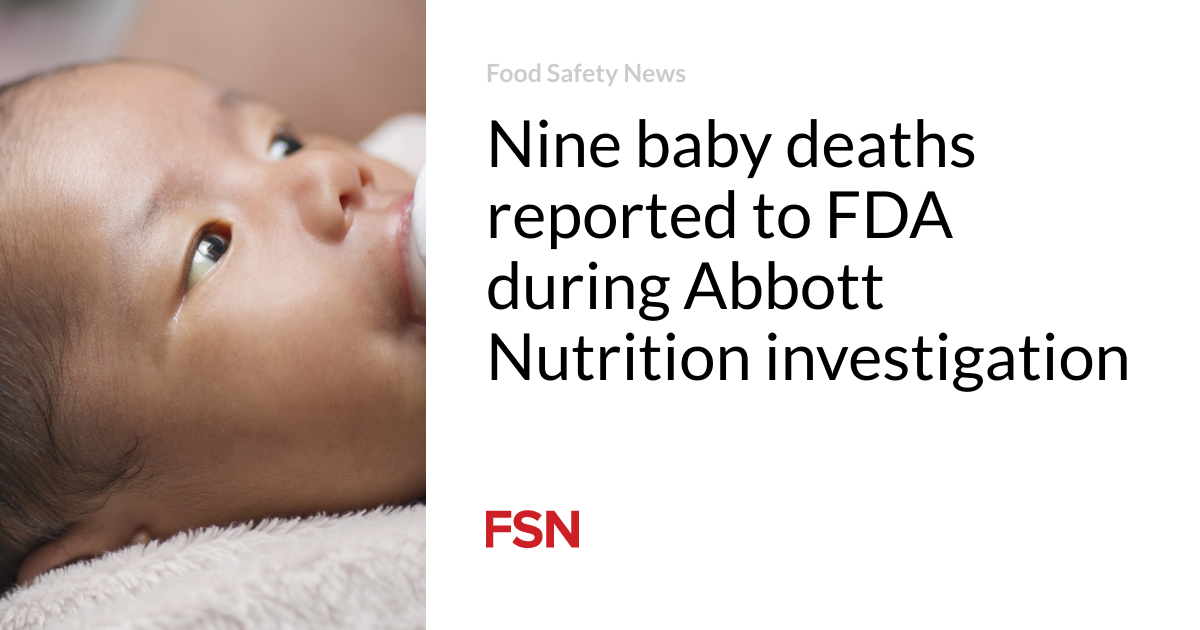Minimizing environmental impact requires everybody to remain conscious of the amount of waste they produce on a regular basis. For this reason, composting is a critical component of many gardeners’ and farmers’ strategies to give back to the environment while reducing waste output. In turn, these individuals can benefit from improved soil health while lessening erosion.
What is Composting?
Composting involves recycling organic matter, which can come in many forms. Everything from leaves to leftover food can become part of compost, and its final state is a nutritious fertilizer that can be used to help plants thrive.
There are some items that gardeners and agricultural producers turn to more frequently than others to create their compost. These include fruits, vegetables, eggshells, coffee grounds, tea bags, grass clippings, and nutshells. However, the list goes far beyond this — anything that grows can eventually decompose.
The two main types of composting are cold (passive composting) and hot (active composting). Cold composting involves allowing organic matter to slowly break down on its own, which can take one to two years. Hot composting is quicker but requires a sufficient ratio of carbon and nitrogen to break down the material. The end result can develop in as little as four weeks.
Benefits of Composting
There are several benefits associated with composting, which is why many turn to it. The most obvious is the compost developed in the end, which contains key nutrients that can enhance the quality of a yield. However, there are many other benefits that routine composters can attest to for those looking to begin the process.
1. Diverts Waste from Landfills
Much of the waste that people throw away ends up in landfills, but composting can help reduce this amount. It is an efficient way to recycle organic waste that is generated on a regular basis. Best of all, it results in a material that can be used to benefit fields, lawns, and gardens.
2. Lessens Methane Emissions from Landfills
When waste is buried in a landfill, it is not exposed to a steady supply of oxygen. As a result, it is broken down by organisms that create biogas as a by-product. Biogas is typically made of 50% methane and 50% carbon dioxide, which are potent greenhouse gases. Efficient decomposition occurs when organic waste is allowed to aerate.
3. Improves Soil Health
Compost typically contains phosphorus, potassium, and nitrogen, which are all nutrients that are beneficial to plant matter. Additionally, some essential elements, such as calcium and magnesium, can be found in compost. By utilizing compost, gardeners and agricultural producers can reduce their reliance on synthetic fertilizers, which often contain chemicals that can be harmful to the land. Furthermore, compost can potentially increase soil’s water retention capacity and productivity over time.
4. Conserves Water
Gardeners and agricultural producers all know how important it is to conserve water, and compost can help with this. Because it can boost the water retention of soil, it can ultimately reduce one’s overall water usage while not negatively impacting their yield.
5. Reduces Personal Food Waste
At the end of the day, many people are left with food scraps that can eventually find their way to a landfill. However, many of these food scraps — including fruits and vegetables — can be composted and recycled to reduce waste.
How to Compost at Home
Composting at home does not have to be difficult. Cold composting, for instance, simply involves allowing nature to carry out the process for you. That being said, it can take years before a final product is ready to be used. To begin, you can collect grass clippings, leaves, and twigs, and place them in a compost bin or pile in an area that will receive rainwater. Keep in mind that water may need to be added during dry conditions.













